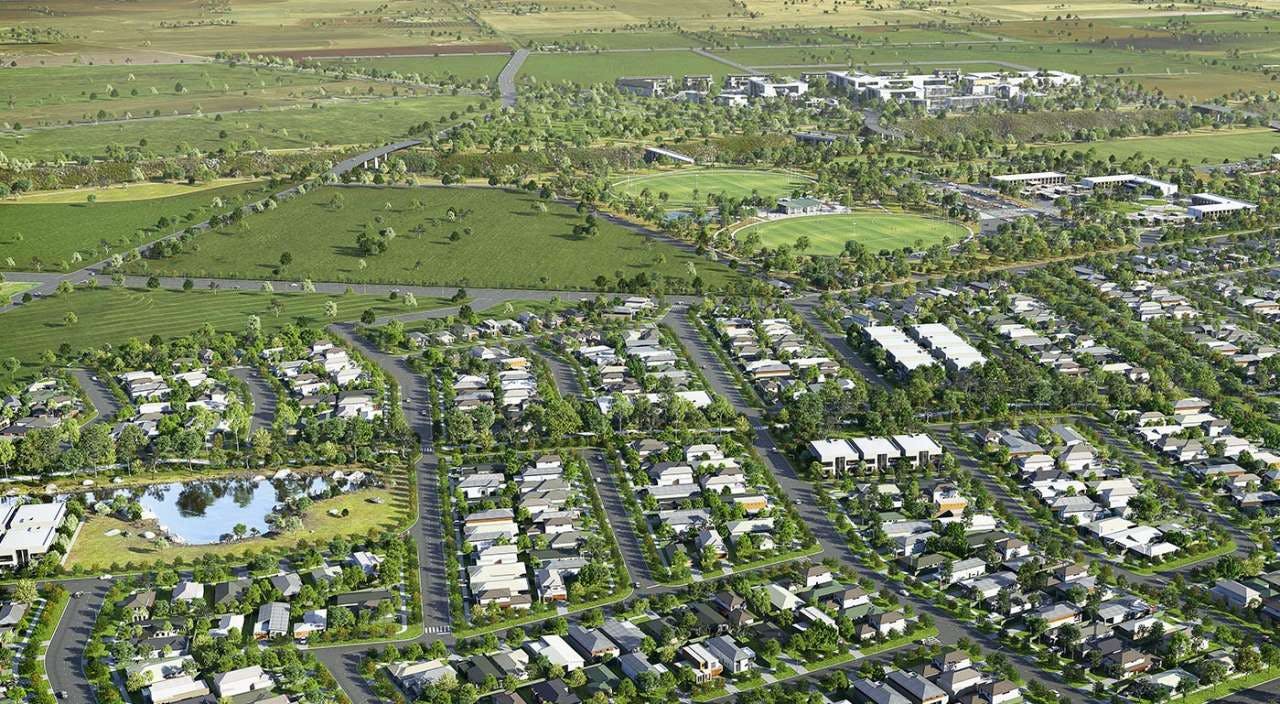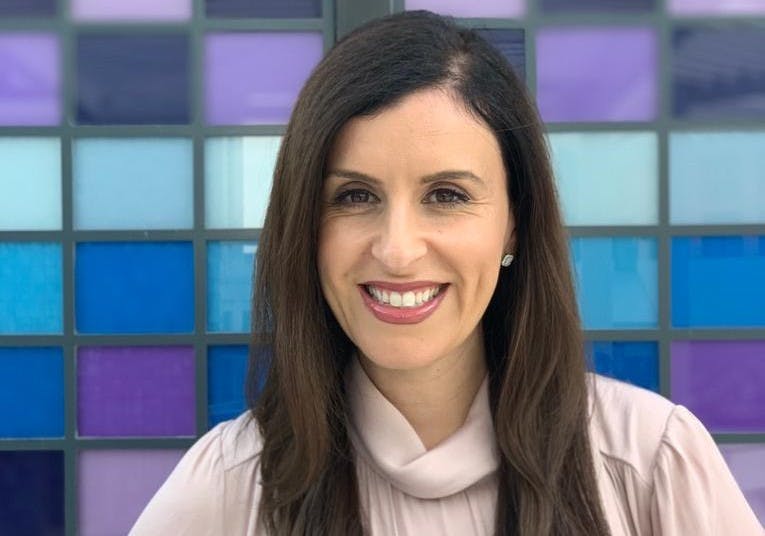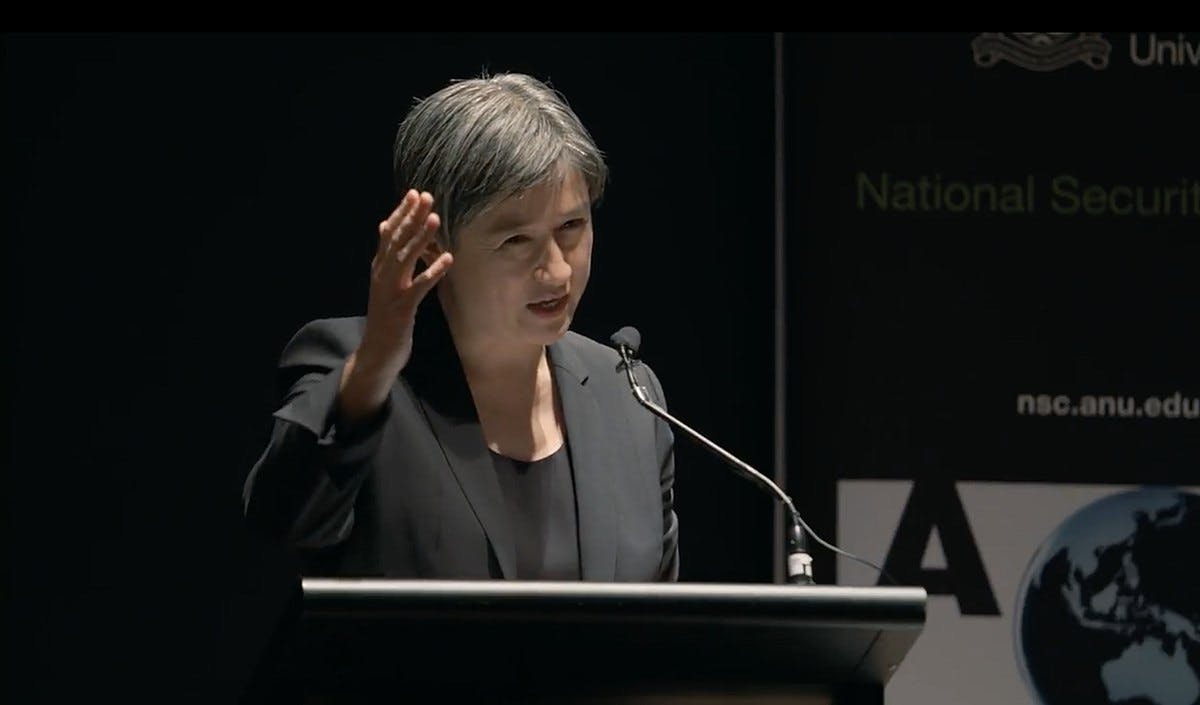Published: 26 February 2018
Last updated: 4 March 2024
The flyover, during an air show marking the 85th anniversary of the Polish Air Force in 2003, symbolises one of Dershowitz's core beliefs about Israel. "Peace for Israel, peace for the Jewish people comes through strength," the US lawyer and academic told a sold-out fundraising event in Sydney on Sunday night.
"If Palestinian terrorists and other Israeli enemies ever laid down their arms, there would be peace. But if Israel ever gave up its arms, there would be genocide."
A high-profile backer of the Jewish state on the international stage, Dershowitz told the United Israel Appeal (UIA) function at the International Convention Centre that he "strongly supported" President Trump's recognition of Jerusalem as the Israeli capital.
He also played down the mounting corruption allegations against Israel's Prime Minister, Benjamin Netanyahu, and poured scorn on the BDS (Boycott, Divestment, Sanctions) Movement, about which he has just published a book (The Case Against BDS: Why Singling Out Israel for Boycott is Anti-Semitic and Anti-Peace (Post Hill Press).
Dershowitz – who in 1979 overturned Klaus von Bülow's conviction for attempting to murder his wife, Sunny, and who famously helped to defend O J Simpson at his 1995 murder trial – calls himself a "liberal centrist" on Israel: both "pro-Israel and pro-Palestine", as he puts it.
However, he is an outspoken supporter of Israel's West Bank occupation, and of Jewish settlements. He is also a friend of the Prime Minister's, having first met him in 1972, when Netanyahu was studying at Massachusetts Institute of Technology.
Dershowitz, who received a standing ovation from the staunchly pro-Israel audience before he even began to speak, described "the three [corruption] cases" against Netanyahu as "extremely weak", although he is not an expert on Israeli law. (There are now four cases against the Prime Minister – Dershowitz was, presumably, referring to the first three – and he is expected to be interviewed by police later this week.)
However, he acknowledged that Netanyahu had been "weakened by these investigations just at a time when he needs to be strong", with Trump about to unveil his much-vaunted Middle East peace plan.
"Those of you who wish for the end of the Netanyahu regime, ask yourselves what comes next, and whether the next Prime Minister will be more in favour of making peace, or less in favour of making peace," he warned. "And the Prime Minister you know is often to be preferred over the Prime Minister you don't know."
"Those of you who wish for the end of the Netanyahu regime, ask yourselves what comes next, and whether the next Prime Minister will be more in favour of making peace, or less in favour of making peace.
Dershowitz told the audience – which included the Israeli Ambassador to Australia, Mark Sofer, and the federal Labor MP, Michael Danby – that US recognition of Jerusalem would "level the playing field" for Israel, following President Obama's decision to abstain on the 2016 United Nations Security Council resolution calling for a halt to Israeli settlements.
That was "the worst thing he [Obama] did", according to Dershowitz – worse even than "accepting the Iran deal without having it go through Congress". Congress, he believes, would have rejected the 2015 deal, which lifted crippling economic sanctions against Iran in exchange for it agreeing to limit its controversial nuclear energy program.
Although he remains a Democrat voter, he said he was concerned that the long-standing bipartisanship on Israel was breaking down, with younger and more progressive Americans, including Bernie Sanders supporters, increasingly critical of the Jewish state.In that context it was hardly surprising that no-one asked him, nor did he discuss, the Israeli government's controversial plan to deport African asylum seekers, which has generated a public outcry both in Israel and beyond.
Occasionally interrupted by a handful of protesters, Dershowitz also declared that the BDS Movement – which has at times affected his own speaking engagements – had "utterly failed" in its goal of persuading universities to divest from Israel and companies to boycott the country.
He was scathing about the New Zealand musician Lorde, who last month cancelled a concert in Israel, calling her "some naive singer who doesn't know what she's doing... She just listens to the last person who spoke to her."
"For me, refusing to perform in front of Jewish audiences in Israel is no different than refusing to bake a cake for a gay couple that wants to get married, or refusing to rent a room to an African-American ... It's pure, out-and out-bigotry."
Dershowitz, who was also scheduled to speak to students at the Orthodox Jewish Moriah College in Queens Park, Sydney, this week, emphasised the need, as he sees it, for Israel to remain "militarily superior to all the surrounding countries ... [to] have massive deterrent power to prevent and deter the kinds of attacks that we know that Israel's enemies will try to bring".
He said: "We must never ever forget that the Jewish people have been in the vortex of hate for so many years... Israel needs power; we learnt the lesson of the Shoah, that morality is not enough. The victims of the Shoah had morality on their side, but they didn't have the ability to fight evil."
Main photo: Alan Dershowitz in conversation with Yair Miller, CEO of UIA NSW (Kathy Marks)



